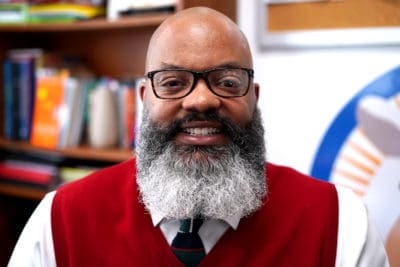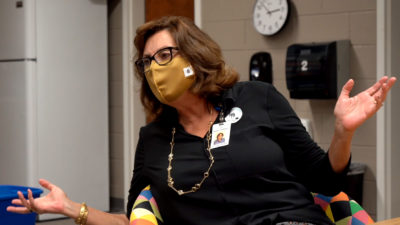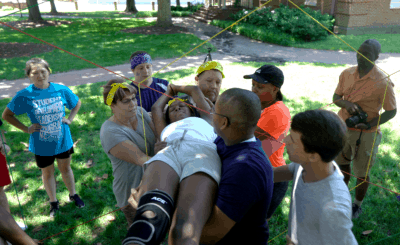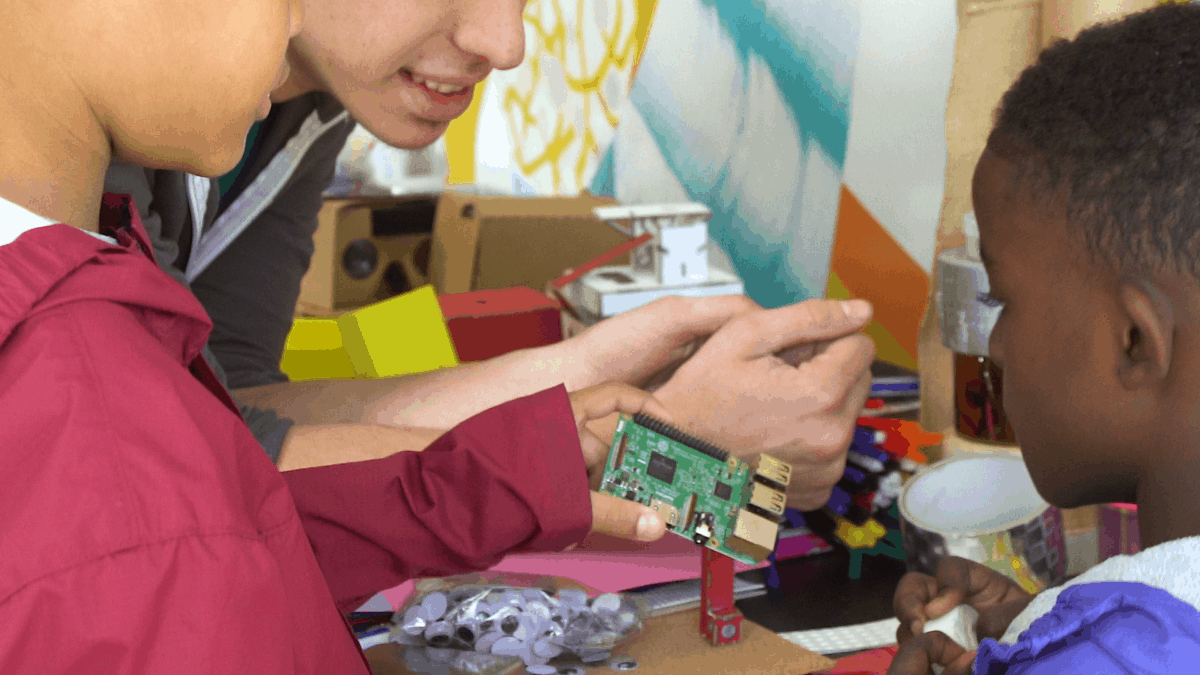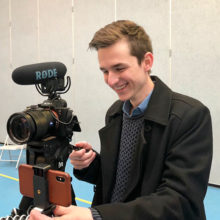A local school administrator believes telling the true story of African-American and Latino males is vital to their success. “They want education, they love education, they yearn for education,” said Rodney Trice, assistant superintendent of equity affairs at Wake County Public Schools. “And as educators, we have to be prepared to give them what they need and what they’re asking for.”
The second annual Choice Not Chance conference, hosted by Wake County Public Schools at St. Augustine’s University on Saturday, focused on positive academic outreach for young men of color and their parents. Trice said the challenges the young men face are often highlighted in the public academic sphere, and he wants to counter portrayals that suggest an aversion to education.
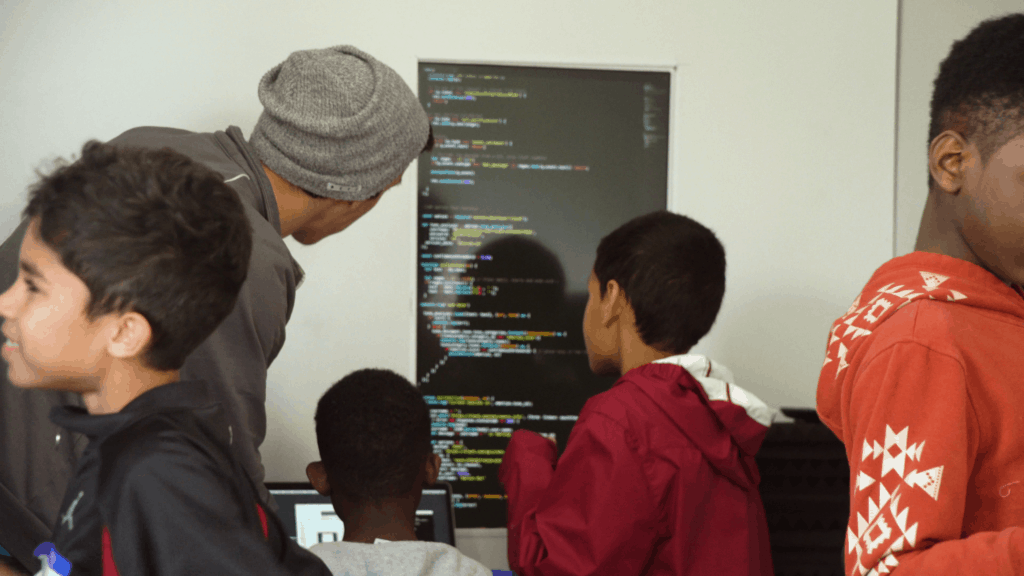
The conference is part of a partnership with Helping Hands, a local program designed to keep male students on the right track by minimizing the negative influences in their lives, and was inspired by a documentary of the same name produced by two North Carolina filmmakers.
This year, the event featured music performed by Soulfruit, a screening of the Choice Not Chance documentary, a performance by Mitch Capel (better known as Gran’daddy Junebug) and several speakers.
Betabox, a Raleigh-based STEM education company, also partnered with St. Augustine’s for the experience. The idea for Betabox was born at NC State University thanks in part to the college’s Entrepreneurship Initiative. It sets up mobile laboratories that feature the latest technology to offer hands-on learning opportunities for students.
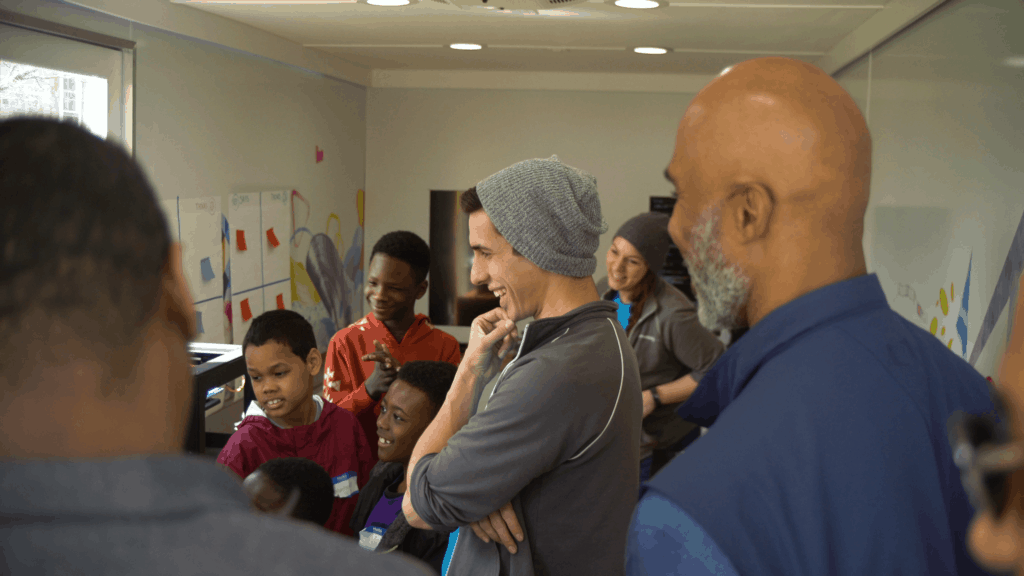
The company brought two boxes to the event. In one, students were invited to solve problems they face on a daily basis by making prototypes of chatbots like Siri and Alexa. The other taught aerodynamics by allowing students to build and launch miniature rockets.
Sean Maroni, CEO and co-founder of Betabox, said a big part of the company’s mission is putting tech in the hands of kids who might never have the opportunity to use it otherwise.
“There’s a quote out there that we love,” Maroni said. “‘The future’s already here. It’s just not evenly distributed.’ As a company, we’re highly focused on bringing these technologies to more underserved and lower-income communities.”
Recommended reading
